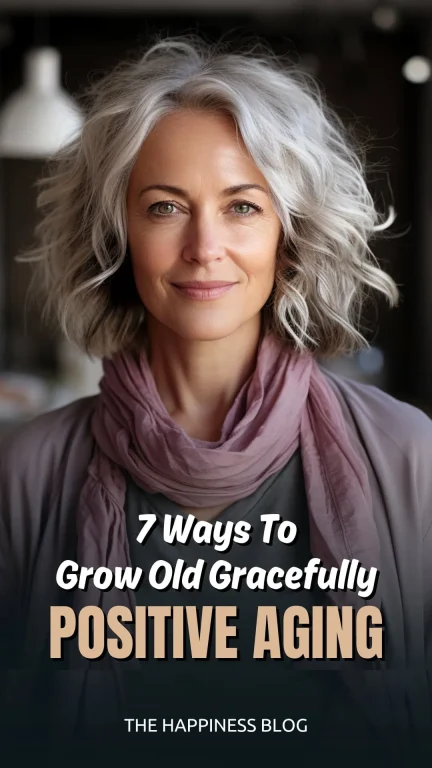Today's Friday • 12 mins read
— By Dr. Sandip Roy.
At what age would you say someone is old? A 50-year-old today doesn’t feel as old as a same-aged person did twenty-five years ago.
- A 2024 study found that middle-aged and older adults nowadays feel younger than similar-aged people did 10 to 20 years ago.
- A 2021 study found that until the age of about 25, people feel older than their chronological age; thereafter, a reverse perception sets in.
So, older people today feel younger and want to postpone the traditional “old” age. They are right. When more and more people are alive around them, they have no reason to feel old.
The hard fact is, by 2050, one in three people in the world will be 60 or older. The main issue will be keeping this massive aging population from becoming a burden on our resources.
Governments and social institutions know this. They worked with psychologists, doctors, and researchers to come up with the idea of Positive Aging:
Positive aging refers to embracing the aging process with a mindset focused on resilience, growth, and well-being, rather than viewing it as a decline. It emphasizes making healthy lifestyle choices and maintaining a positive attitude to enhance both physical and mental health as one grows older, allowing one to postpone relying on others as much as possible.
Two practical ways to use Positive Aging strategies:
- Older people can learn how to age gracefully and avoid being a burden on their family, social institutions, or public resources.
- Younger people can learn these strategies to help their parents age gracefully.
The Australian Psychological Society says, “Positive aging is … the process of maintaining a positive attitude, feeling good about yourself, keeping fit and healthy, and engaging fully in life as you age.”
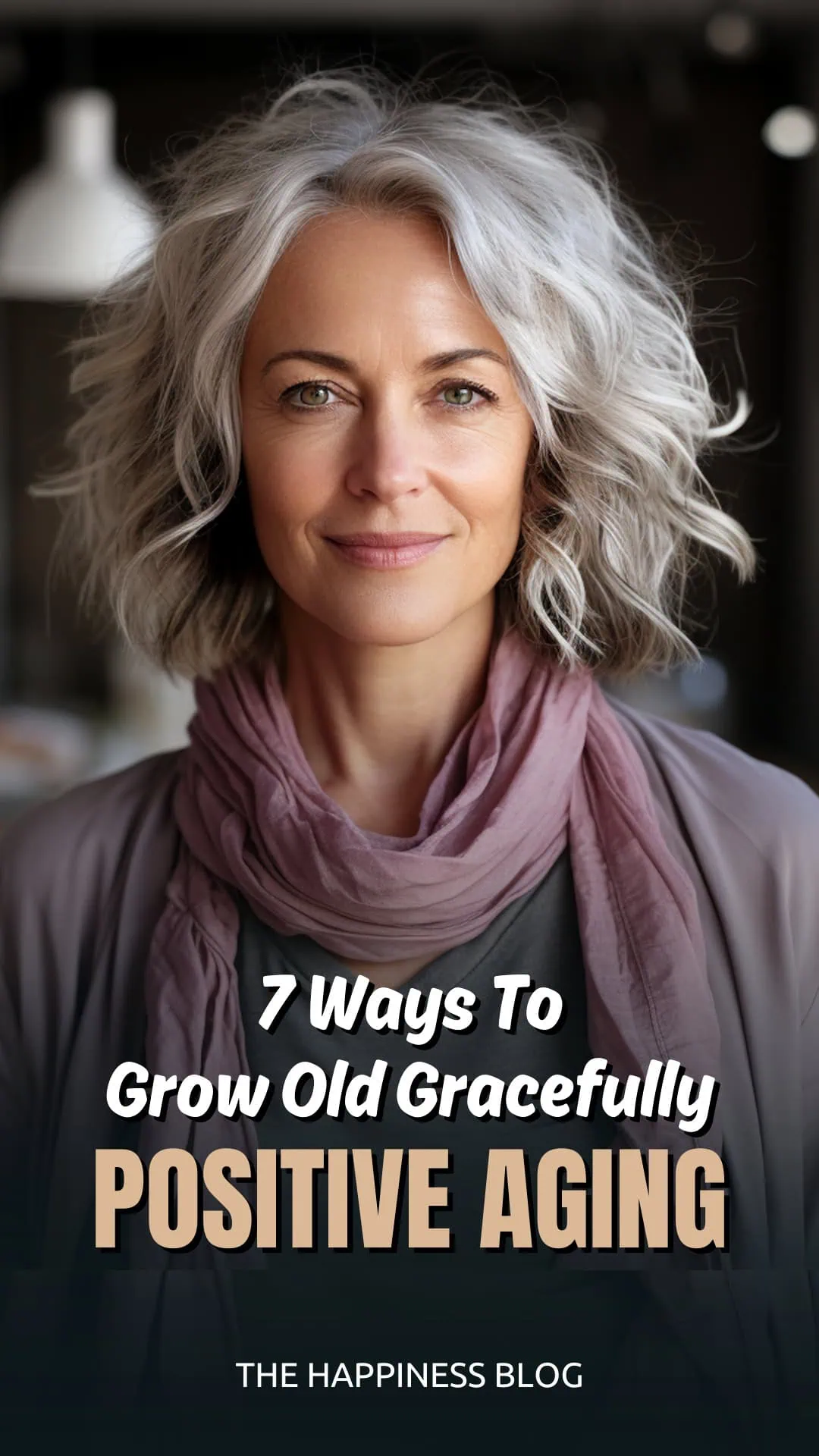
7 Positive Aging Strategies To Grow Old Gracefully
Basically, positive aging strategies help an aging person be fairly independent, mobile, and happy without relying too much on others’ help.
A positive ager adopts habits, attitudes, and lifestyles that meet the physical and mental challenges of old age.
Here are 7 strategies to grow old gracefully that come from research in Positive Psychology:
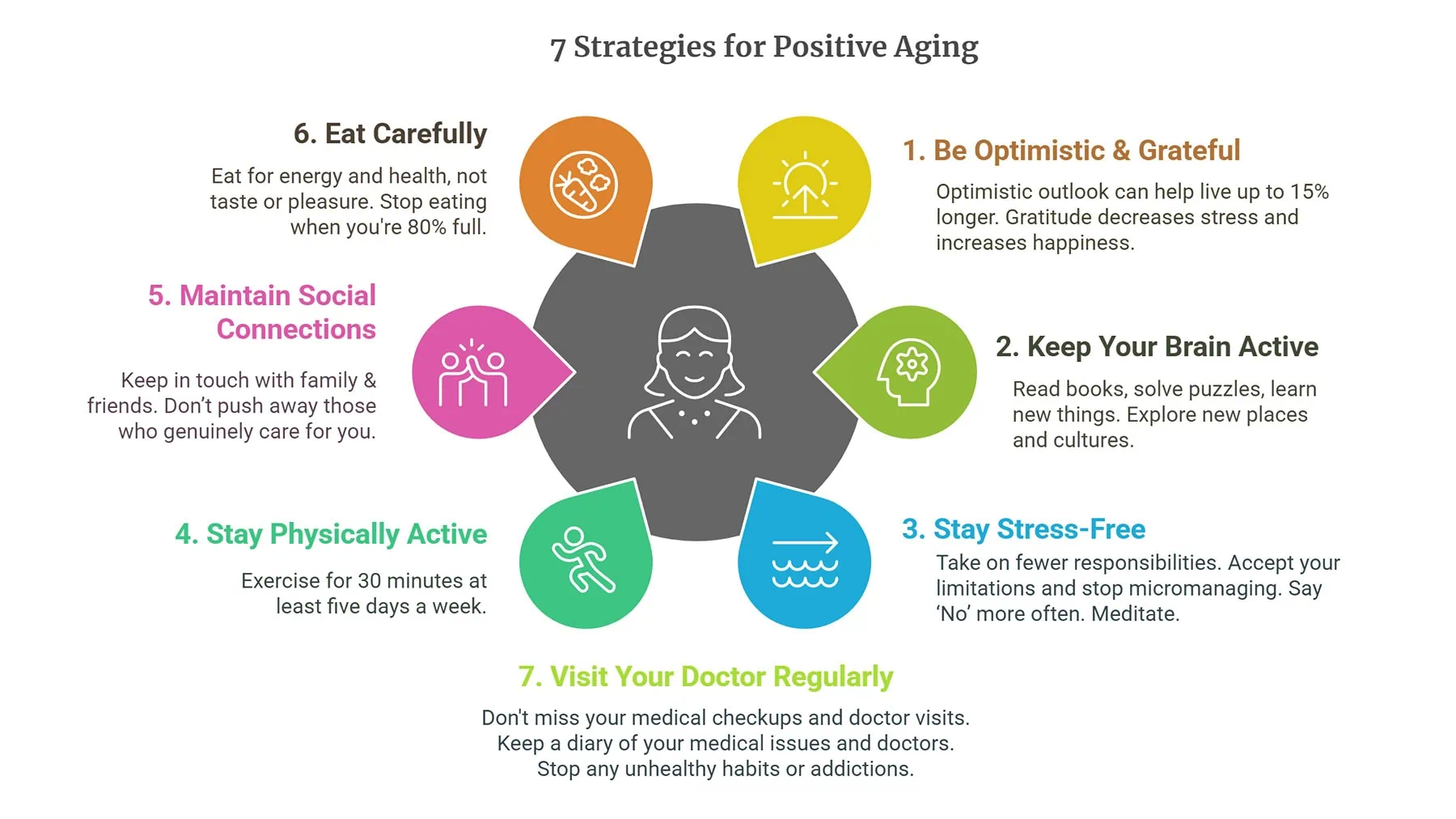
1. Stay Optimistic, Positive, & Grateful
Be Optimistic: People with a glass-half-full outlook live longer and happier lives.
A 2019 study found that having an optimistic attitude can help people live up to 15% longer and increase their chances of living to 85 or beyond.
- Be around optimistic people.
- Seek the bright spots more often.
- Share hopes, persistence, and strength of spirit.
Think Positive: Positive thinkers are more resistant to life stresses and live longer.
Nuns who had positive thinking lived an average of 10 years longer (Danner et al., 2001).
Positive thinkers see stressful situations as controllable (Carver & Scheier, 1998) and less threatening (Lazarus & Folkman, 1984), and feel they have enough resources to handle them (Cantor, 1991).
They also have a stronger immune system. Older people with a sense of coherence—an ability to perceive life as comprehensible, manageable, and meaningful—have higher NK cell activity (Krause & Hart, 2015).
- Look for the silver linings, and find a good that can come out of a negative situation.
- Take action to address a current problem to reduce its stress on your well-being.
- Engage in or create positive experiences to counterbalance negative ones.
Show Gratitude: Gratitude decreases stress and increases life satisfaction.
An attitude of gratitude helps cope better with tough times, improves relationships, and increases overall joy in life.
This study found that gratitude correlated with less depression, lower blood pressure, more optimism, and better sleep.
A few ways to increase gratitude in your life:
- Thank people often. Give thanks in prayer. Meditate.
- Keep a gratitude diary to write down the good things in your life.
- Appreciate the positive things you come across each day (count your blessings).
- Write a gratitude letter to thank someone. Even if you don’t give it to them, you’ll feel happier.
Oliver Sacks, neurologist, naturalist, and science writer, embodied positive aging. He spent his final days playing piano, hiking, swimming, eating smoked salmon, and writing. He was 82 when he passed away.
In his last book, Sacks expressed gratitude for a life well spent:
“I cannot pretend I am without fear. But my predominant feeling is one of gratitude. I have loved and been loved; I have been given much and I have given something in return; I have read and travelled and thought and written. … Above all, I have been a sentient being, a thinking animal, on this beautiful planet, and that in itself has been an enormous privilege and adventure.”
— Oliver Sacks
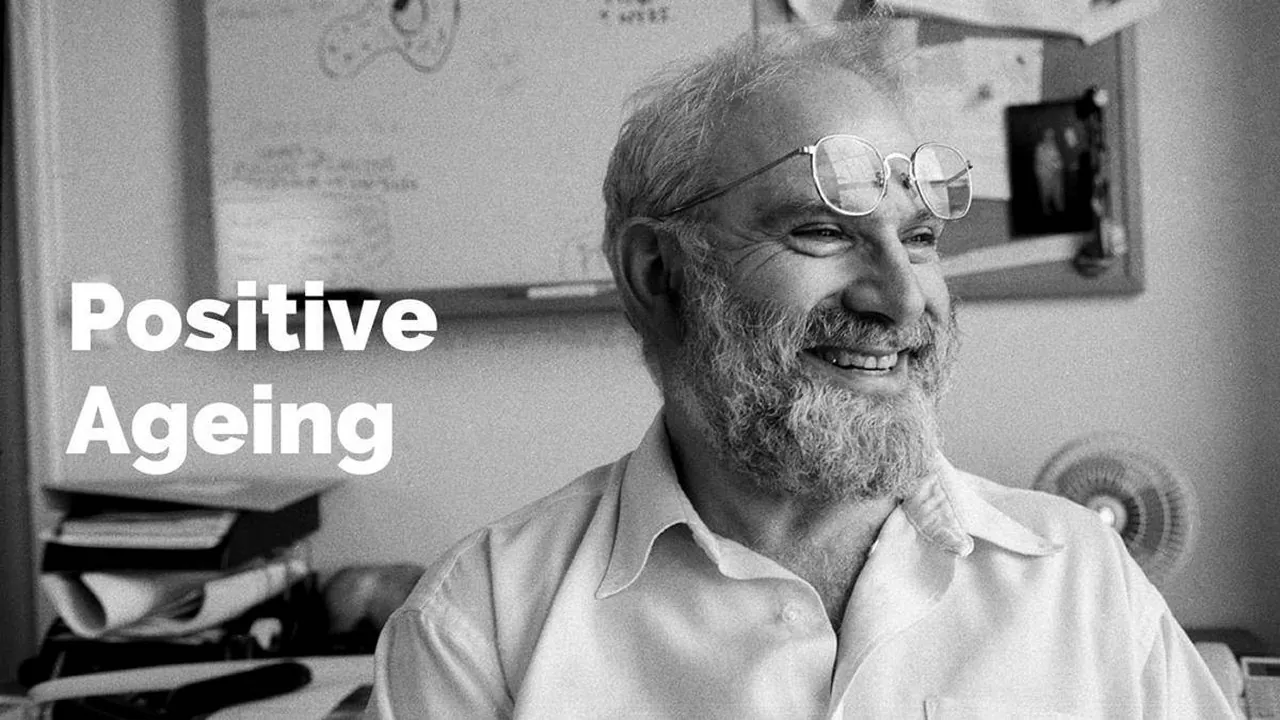
2. Keep your brain alert, active, and flexible.
To keep your brain active and flexible, give it regular challenges. Choose activities you enjoy so you’re more likely to stick with them.
“Our brains shrink or atrophy slowly over time, primarily in the white matter, where connections between brain areas are located.”
— Dr. Ethan Russo
- Read books and articles that expand your knowledge.
- Play word puzzles, jigsaw puzzles, and games that test your skills, like chess or video games.
- Explore virtual tours of cities, museums, and cultures to get fresh food for thought.
Our brain can reshape its parts according to demands on it — a phenomenon known as neuroplasticity.
- So, rotate your activities to maintain interest, balance, and flow, to boost your neuroplasticity.
- And, always believe and practice that you can keep learning and remembering, whatever your age.
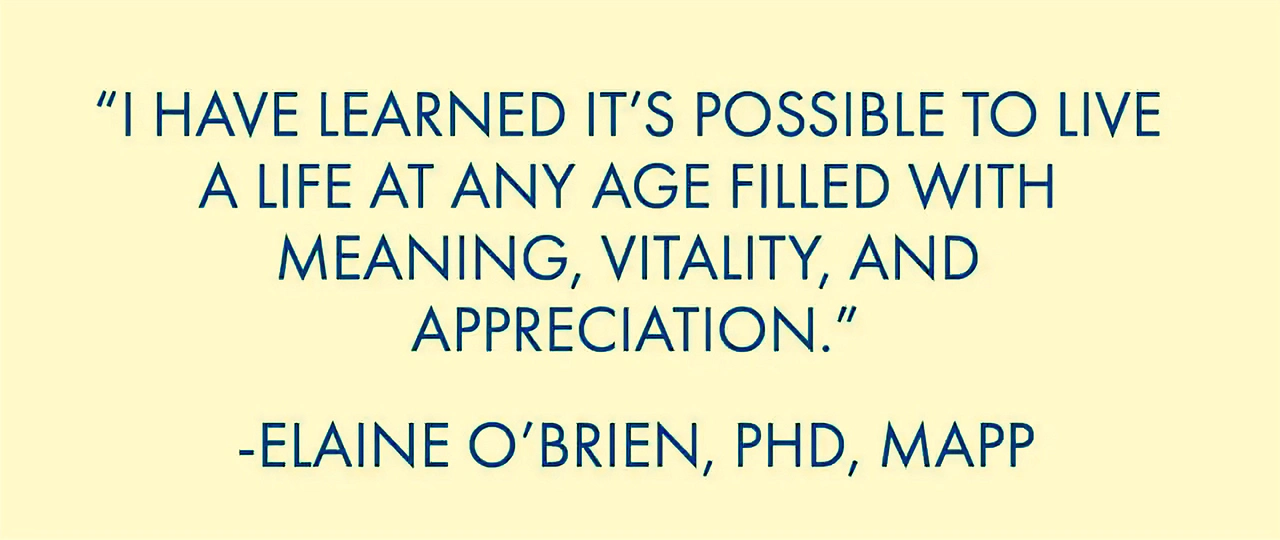
3. Keep yourself free from stress as much as possible.
High levels of stress can damage your psychological and physical health, lowering your immunity and making you more prone to illnesses.
- Stop overthinking and worrying. Practice mindfulness.
- Take on fewer responsibilities than you think you can handle.
- Accept your limitations and stop micromanaging every little thing.
- Say ‘No’ more often to people who demand your time or drain your energy. Set boundaries.
- Keep your stress low by creating environments where you feel safe and in control of your choices.
Let life happen.
Money problems can be particularly stressful in old age.
- Don’t waste your limited resources on unnecessary items.
- Shop for your happiness, not because your peers are doing so.
- Take good care of your finances and avoid scammers who prey on your kindness or vulnerability.
- Try to create a recurring stream of income that doesn’t require regular input, such as reverse-mortgaging your house.
4. Stay active. Exercise 30 minutes daily.
Staying active is key to aging well. It is painful to slip and end up immobile, needing help from others.
Regular exercise makes your muscles and bones stronger, and improves your balance, flexibility, and coordination. These, in turn, lower your risk of falls and injuries, as well as the risk of heart disease, diabetes, and dementia.
Exercise releases feel-good chemicals like endorphins, which boost happiness, resilience, and improve sleep.
To stay graceful, lithe, and strong in your golden years:
- Aim for 30 minutes of moderate exercise at least five days a week.
- Join a group to stay motivated to exercise every day. It also helps fulfill your socializing needs.
- Strength training can build muscle mass, which can reverse muscle weakness and delay dependency on caregivers. Do it under expert supervision.
5. Maintain social connections. Avoid isolating yourself.
Keep in touch with people as you grow older. The joy that your friends and support groups bring to your heart lasts long after meeting them.
But old age often becomes a lonely time. Especially if friends become home bound or family restricts social outings for health reasons.
One way to stay connected is by joining clubs or going to places where those of your age gather, such as community parks, for morning or evening walks.
A 2020 study found that when one person in a couple-relationship avoids distress and disputes, the other tries to do the same.
- Seek personal growth and meaningful experiences to inspire your partner.
- Build relationships that nurture you. Avoid people who want to harm or trick you.
- Set respectful boundaries. Respect others’ choices and try not to step on their toes.
- Keep in touch with family, even if busy. Don’t push away those who genuinely care for you.
- Be open to new relationships, but don’t share too much with them until you get to know them well.

6. Eat for health and energy rather than for taste and pleasure
Old age is a prime time to value the importance of healthy and nutritious food.
- Include fresh foods in your diet to stay happier.
- Clearly record any food allergies in your medical diary.
- Avoid foods that will take a toll on your digestive system, like spicy foods.
- Brain foods like seafood, beans, nuts, and greens can help maintain mental sharpness.
- Keep a ready source of healthy foods to reach out for when you feel hungry at odd hours, instead of stocking up on processed foods.
- Stop eating when you are 80% full. Researchers say this helps the digestive system churn and pound the food better, and move it down the gut faster.
Consult your doctor or dietician for advice on what foods to eat and avoid.
Hara Hachi Bu: The Japanese island of Okinawa is a blue zone. Okinawans live long and healthy lives — men expect to live to about 84, while women to almost 90. They routinely practice Hara Hachi Bu—eating up to the point when the stomach is roughly 80% full.
7. Seek regular help from your doctor and other health professionals
Stop any unhealthy habits or addictions you might have, like smoking or drinking.
Keep track of your medical conditions. Inform others about your illnesses (create and wear a medical issue or medical alert card).
Maintain a location to keep your medical records and appointments. Mark the location with a visible pointer, such as an arrow.
- Keep a diary of your medical issues and doctor appointments.
- Do not miss your medical checkups and doctor visits. Set up reminders so as not to miss them.
- Ask for help from a mental health professional whenever you feel you are unable to cope with a situation with peace of mind.
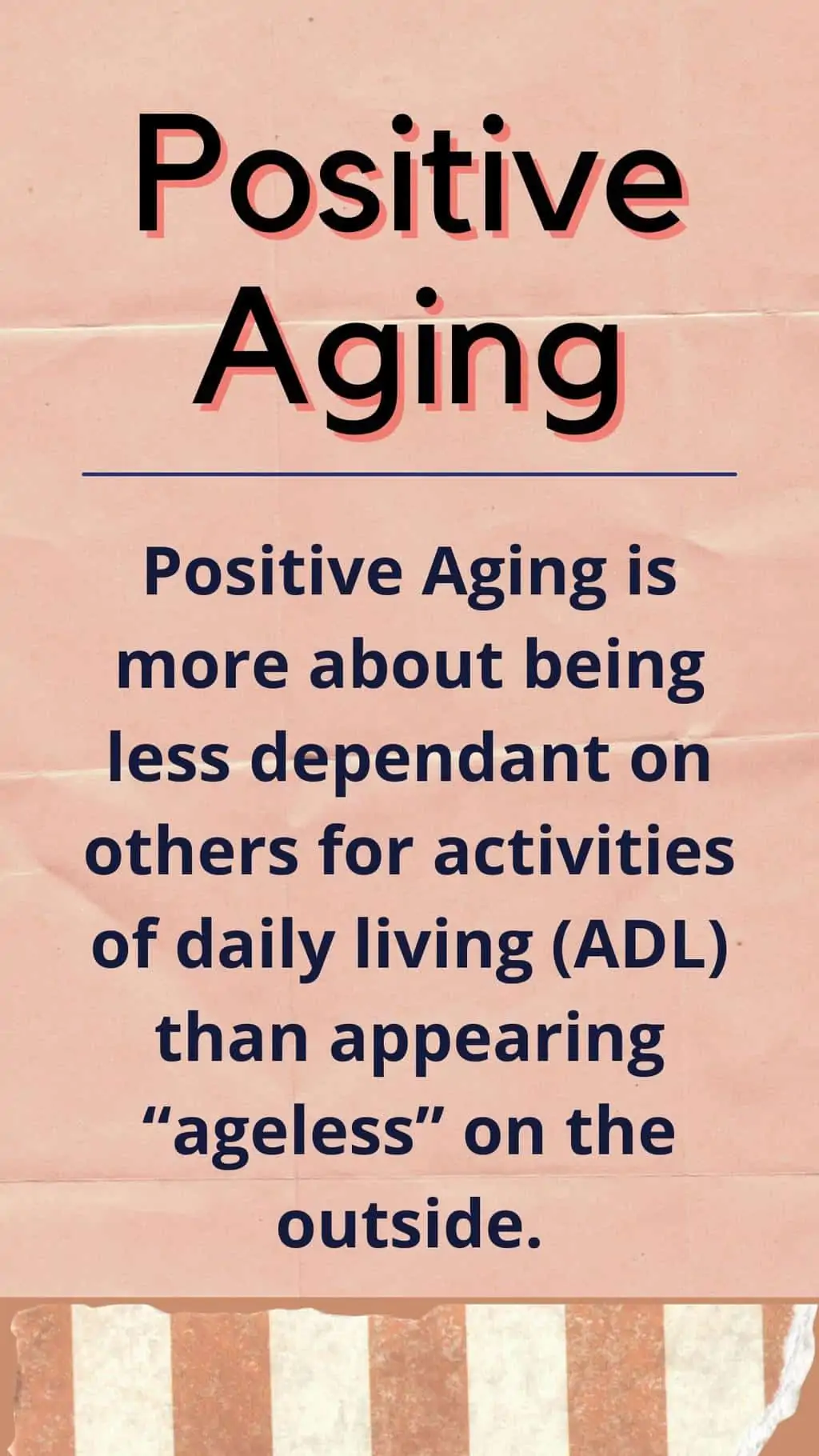
Aging positively does not mean hiding or masking the external signs of aging.
“Don’t waste so much time worrying about your skin or your weight. Develop what you do, what you put your hands on in the world.”
— Meryl Streep
10 Principles of Positive Ageing
The 10 principles of positive aging say that we should embrace old age as a natural and fulfilling part of life while growing physically, mentally, and spiritually:
- Acceptance: Accept aging as a natural and positive part of life.
- Active engagement: Stay engaged in life through activities and relationships.
- Adaptability: Be open to change and adapting to new circumstances.
- Purpose: Have a sense of purpose and meaning in life.
- Personal growth: Continuously seek opportunities for personal growth and development.
- Positive attitudes: Cultivate a positive outlook and attitudes towards aging.
- Physical activity: Engage in physical activity to maintain health and well-being.
- Relationships: Build and maintain meaningful relationships with others.
- Self-care: Practice self-care to maintain physical, emotional, and spiritual health.
- Spirituality: Connect with a higher power or sense of purpose to enhance overall well-being.
3 Easy Ways To Boost Positive Aging
- Keep growing: Have new experiences, learn new things, and get a sense of purpose.
- Stay physically active: Even simple exercises, such as walking, stretching, or yoga, can help.
- Maintain social connections: Take part in community events, join social clubs, connect with friends and family.
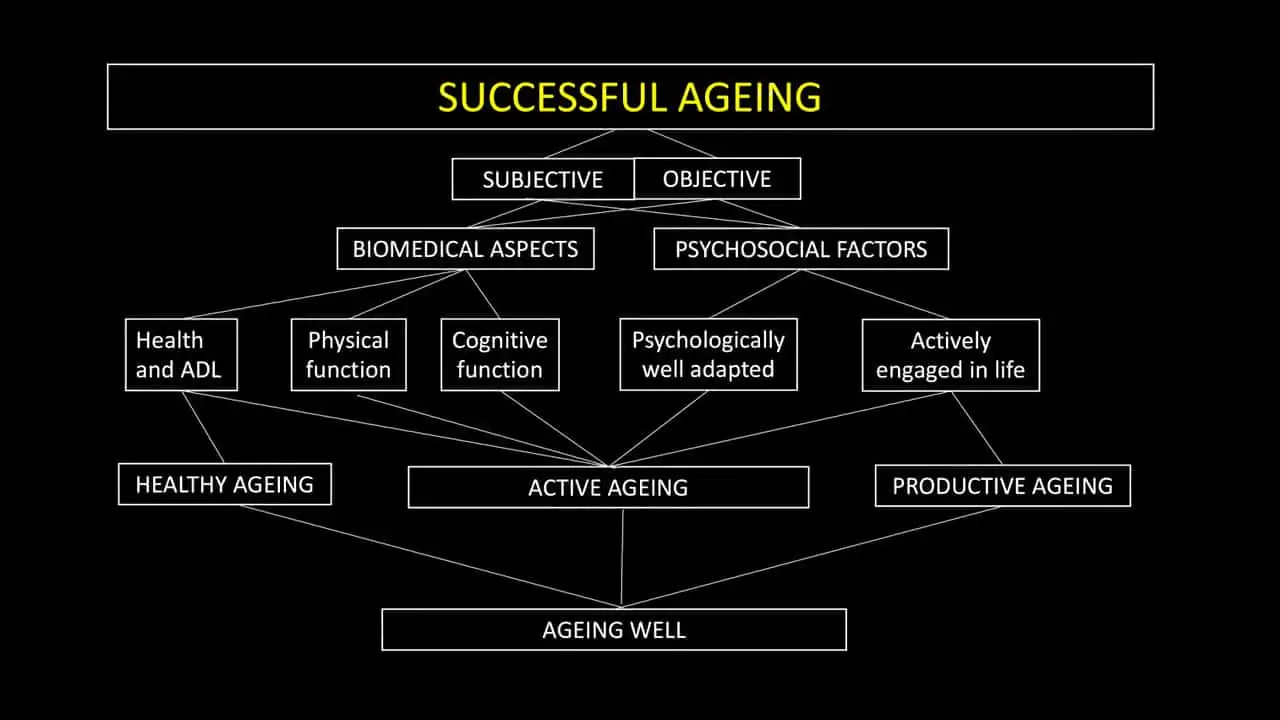
The basic notion is that at any age, including the old and very old, people are to some extent in charge of and responsible for their own quality of life. They can enjoy positive well-being and experience “successful aging.”
— Liora Bar-Tur
Ageism
Ageism (negative attitudes towards older people) is a heartbreaking reality. The “World Values Survey” found 60% of people surveyed from 57 countries said that older people are not respected.
Society needs to adopt a positive attitude towards our seniors so that they feel more valued, positive, and optimistic. In return, seniors can contribute to society with their productivity, experience, and wisdom.
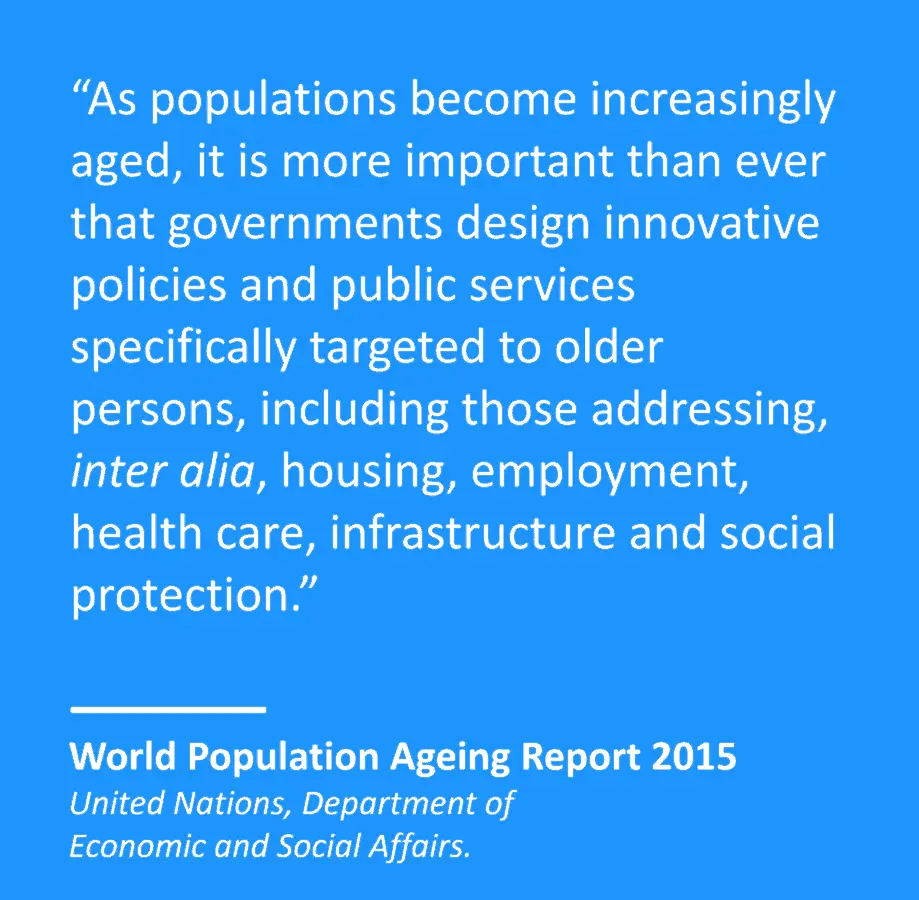
A word of caution to young people who discriminate against old people:
You will get old sooner than you think.
5 Positive Things About Aging
- We gain wisdom and perspective.
- We develop a greater sense of humor.
- We appreciate life and relationships more.
- We learn to accept and love ourselves more.
- We become more confident, patient, and tolerant.

Further Reading
- Positive Aging – George E. Vaillant, 2015
- Positive Aging – Bartholomaeus & Agteren, 2019
- Growing Older Without Aging? – Stephen Katz, 2001
- Fostering Well-Being in the Elderly – Liora Bar-Tur, 2021
- Video Games for Positive Aging – Godfrey & Barresi, 2022
Final Words
A positive ager:
- can go about their daily lives with as little help as possible,
- is helpful to others rather than totally being a burden on caregivers,
- maintains and improves physical and mental health as they grow older.
The average American retires at 62, the time officials and governments consider a person old. Over time, the age range of 60 to 65 has remained relatively consistent in defining people as old.
But I believe there is no typical age of an old person. That is a distasteful idea. We should find a more inspiring term to call them.
√ Also Read: Know Your Sleep Quality Score And 6 Sleep Hacks That Work
√ Please share this with someone.
» You deserve happiness! Choosing therapy could be your best decision.
...
• Disclosure: Buying via our links earns us a small commission.
